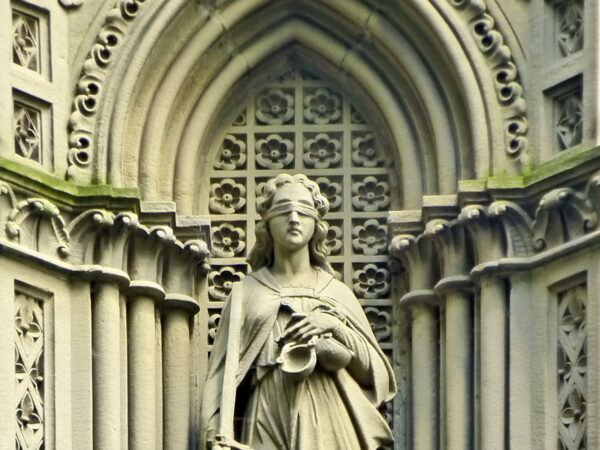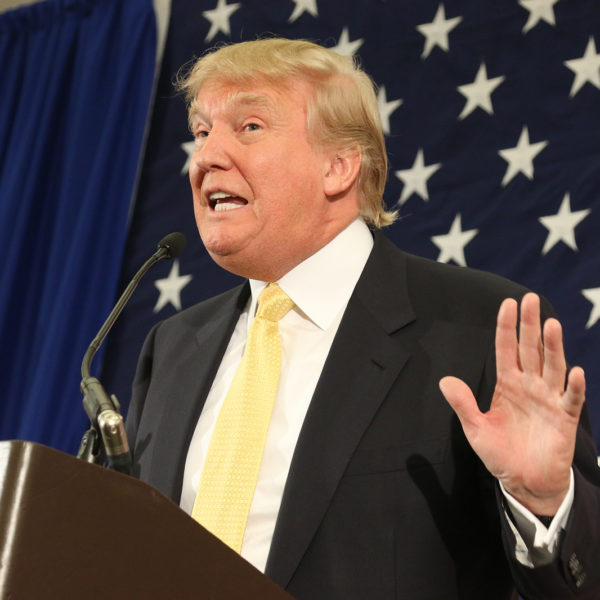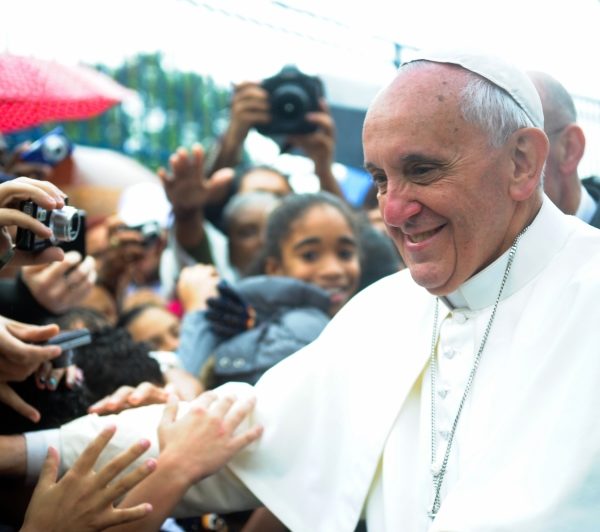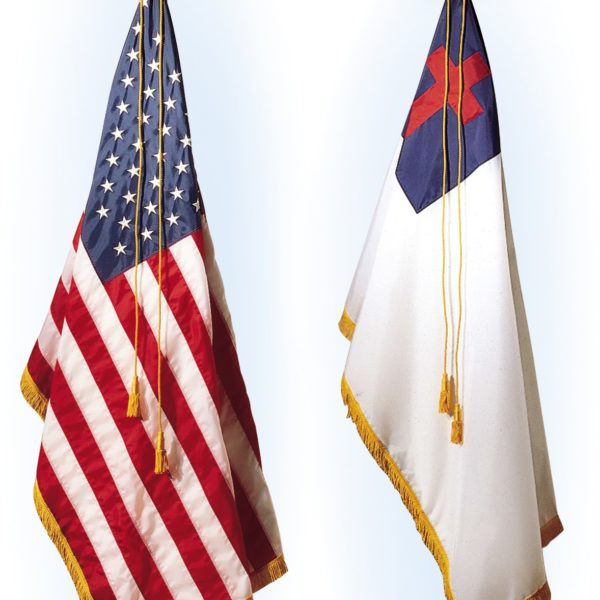
Church-state relations have been examined as a catalyst of legal conflicts, particularly in the United States today. Yet what do we mean when we talk about the “church” in legal contexts?
With conservative and evangelical ethicists falling dramatically off the anti-gay-marriage bandwagon at a remarkable pace, superstar theologian David Bentley Hart’s essay “Is, Ought, and Nature’s Laws” last month in First Things came like a spark on a dry pile of tinder. Challenging the optimism of many contemporary Catholic thinkers (and recently many evangelical thinkers as well) that natural law arguments can provide a convincing, broadly-appealing basis for opposition to gay marriage legislation, Hart provoked a tide of responses and counter-responses in the blogosphere, which continues even now. For at stake in Hart’s remarks were not merely how conservatives should and shouldn’t engage in gay marriage debates, but the nature of the public square and of natural law itself, the foundation upon which so much Christian political theory has been built over the centuries.
Rather than attempting to weigh in with yet another contribution to the wide-ranging debate, I will merely seek to provide here something of an annotated catalogue of the more significant blasts and counter-blasts
Marriage equality is a hot topic in Christian communities. Recently, Gene Robinson, the first openly gay bishop, came to Fuller to talk about the freedom to love. As a result, many students at Fuller are beginning to rethink their heteronormative understandings of marriage. While I am all for LGBTQ equality in all arenas (anything else is shenanigans), the resurgence about the right to marry and marriage as an existentially important institution worries me […]


